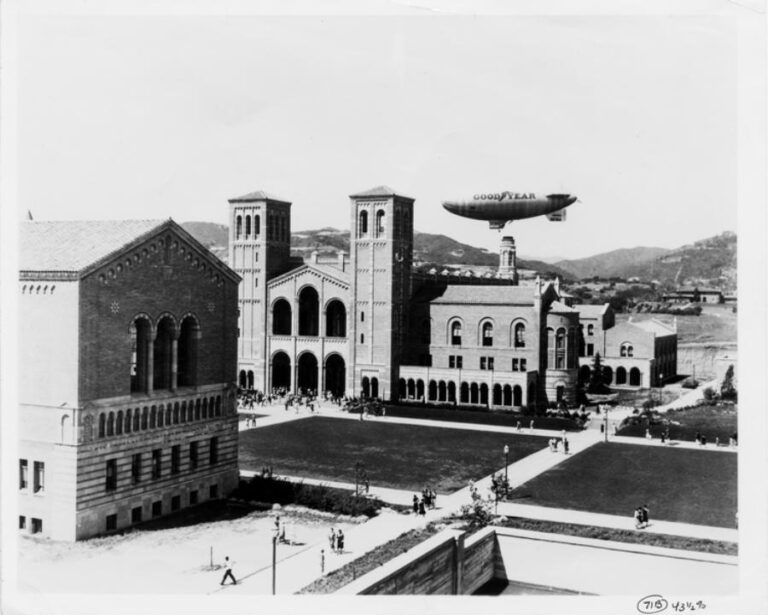State Fiscal Developments as of July 1

The new state fiscal year has begun with no budget enacted. In the short term, there are few consequences although the longer the no-budget period drags on, the more notable the impact as various state suppliers and local entities are not paid. UC has typically been able to deal with prolonged budget delays although certain payments to it are delayed. A list of what the state controller can and cannot pay can be found at:
http://www.sco.ca.gov/July_2010_payments.html
Until a day or so ago, there were 3 budget plans: the governor’s May revise and separate plans from the Democrats in the assembly and senate. The Dems reportedly have now unified around a single plan. The degree to which it relies on a form of borrowing, which the Attorney General says is probably illegal, and a tax increase on oil (which arguably would need a 2/3 vote) has not been reported. Despite protests that the process is not transparent (neither are bathroom walls – both for a good reason), apparently a Big 5 meeting is in the works (the governor & the four legislative leaders).
As noted in previous posts, the state controller and governor are at odds as to whether the governor can limit pay to state workers (not including UC but including CSU) to the minimum wage. A court decision is expected soon on this matter.
Somewhat related to the budget is the issue of public pensions in California. The linkage is there in part because the governor has said he won’t sign a budget without pension reform. An interesting history of changes in pension portfolio management including enabling ballot measures can be found at:
http://calpensions.com/2010/07/01/pension-crisis-did-prop-21-pave-the-way/
It is not clear to me whether the legislative and ballot changes described in that reference directly affected UC’s pension. However, there has been a tendency for developments at CalPERS and CalSTRS to have an influence on UC policy. (Note: The report uncritically cites the so-called “Stanford” study on pension unfunded liability which exaggerates the problem.)
UPDATE: The Schwarzenegger ordered the state controller to pay state workers the federal minimum wage today, July 1, absent a state budget. The controller in part on the grounds that antiquated state computers cannot make the change. This issue remains in court.
UPDATE: Controller lost his court case. As of July 2, it is not known whether he will appeal to state supreme court.
UPDATE: Controller says he will appeal on grounds that computers can’t handle switch to minimum wage.
UPDATE: The Schwarzenegger administration is suing the controller to order him to pay the minimum wage. Unfortunately, news accounts, such as the one below, do not say UC workers are not part of this litigation. As of July 7, no official statements by UC to its employees have been issued.
http://www.sacbee.com/2010/07/07/2873172/qa-on-schwarzeneggers-minimum.html
UPDATE: The controller has countersued the Schwarzenegger administration on this issue. See also the last (bottom) paragraph of the July 8 posting on pensions.

